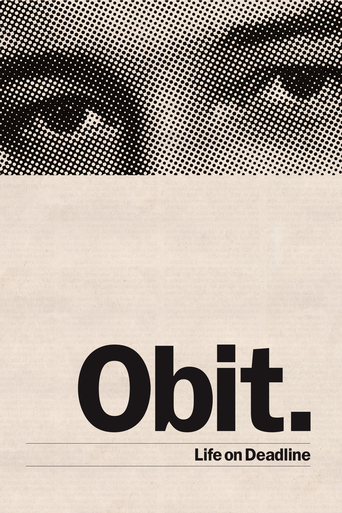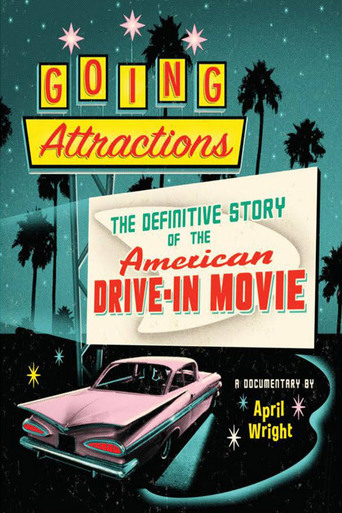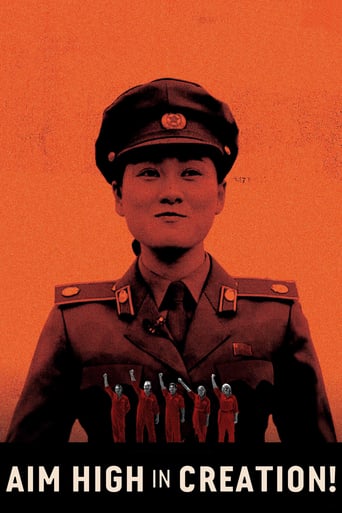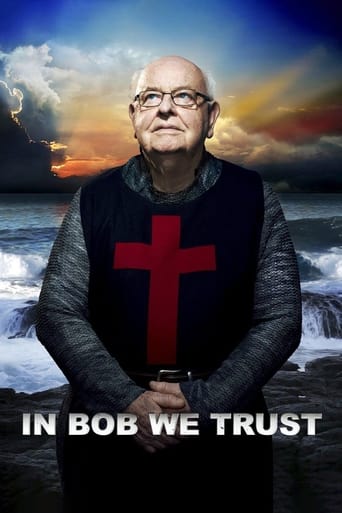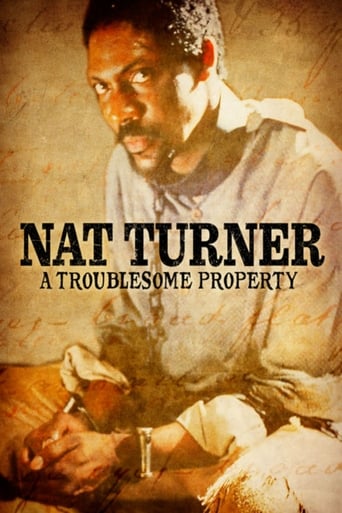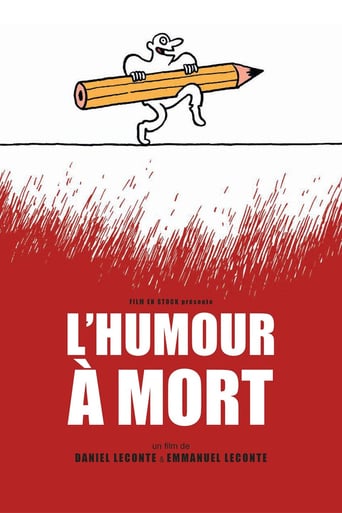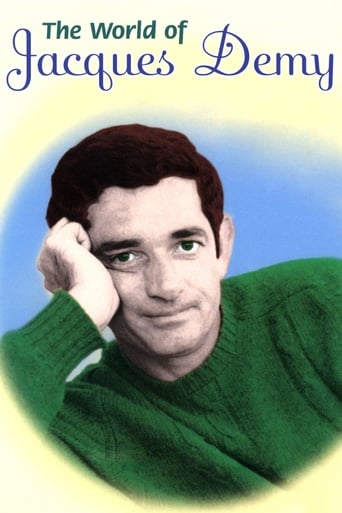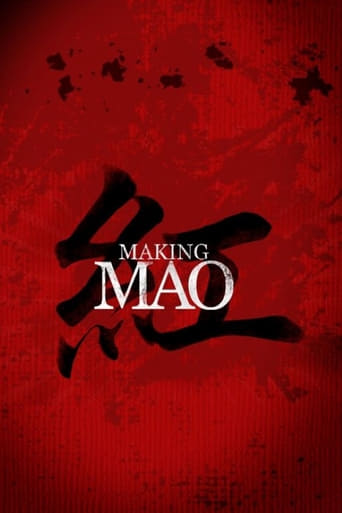Obit (2017)
How do you put a life into 500 words? Ask the staff obituary writers at the New York Times. OBIT is a first-ever glimpse into the daily rituals, joys and existential angst of the Times obit writers, as they chronicle life after death on the front lines of history.
Watch Trailer
Cast


Similar titles
Reviews
This is How Movies Should Be Made
As Good As It Gets
Not sure how, but this is easily one of the best movies all summer. Multiple levels of funny, never takes itself seriously, super colorful, and creative.
Story: It's very simple but honestly that is fine.
(Flash Review)Yep, this is a documentary about the handful of people who write obituaries for the New York Times. Seemed like an unusual topic to make a film for thus it peaked my curiosity. The director did a good job of making it as exciting as the topic could be. The film went into how obituaries are written, what qualifies a person to make the cut and how much space is allotted based on a person's notoriety or perhaps their unique story that contributed to an interesting point in history. Also discussed, with much fervor, was how these writers handle a late afternoon death of a big name in today's world of immediate news. Such as when they had to rush Michael Jackson as he died near the end of the day and was unexpected. For many big names, they do have a partially written obit to save time in crunch time. It was moderately interesting but 60 minutes would have sufficed over 90.
"Maybe a sentence or two will be about the death." Obituarist Dying is no fun, but the obit writers at the New York Times make the most of it. They treat the assignment as a celebration of life, a real life, a history of people who made differences in the lives of others. Additionally, more than the responsibility of finding out the facts of a life is getting the facts correct.Obit is a surprisingly upbeat documentary about a decidedly downbeat subject. The reporters are animated about the celebration and the discoveries they uncover in their journalistic pursuit. Most of them were accomplished journalists who are chosen because that part of the paper has grown from a pasture for declining reporters to a field of artistic possibilities energized by the lives the reporters chronicle.Much of the time they are going on gut feeling. When they reported on John Fairfax, the first to cross an ocean in a rowboat, they hit a goldmine because his life outside the rowboat was even more interesting.In one of the most prominent obits, the somewhat discursive doc features the death of William Wilson, one of the first TV consultants, who advised JFK the night in 1960 when he defeated Richard Nixon by virtue of Kennedy's telegenic superiority, helped in no small part by Wilson's choice of such details as the makeup he hurried to buy at a pharmacy.An interesting part of such obits as Wilson's is the choice for lead paragraph or the headline or where in the paper it should go--front page or obit section--and how long in words. These decisions are not fed into an algorithm but rather are the province of writers and editors who know history and culture well enough to make the decision.The NYT is my favorite newspaper, so good that I read the obits along with the editorials. Such a gift to me ensures that my own obit will exude the joie de vivre we both share.
"Obit" (2016 release; 93 min.) is a documentary about the team of 4 or 5 obituary writers at the New York Times. As the movie opens, we see Bruce Weber, the NYT obit reporter, in discussion with the widow of someone who was a name in politics decades ago. We get to know the rest of the NYT obit team, and how they go about selecting whom to write up for tomorrow's print edition. At this point we're not even 15 min. into the movie but to tell you more would spoil your viewing experience, you'll just have to see for yourself how it all plays out.Couple of comments: this is the feature length documentary debut from director Vanessa Gould. Here she gets close access to how the team of NYT obit writers go about their business every day. Comments one: "Obits have next to nothing to do with death, and everything with life", and in that sense of course obits are a celebration, but still you are dealing with life that has come to an end. Gould makes sure to cover all the bases of obit writing, including how to fact check and how to evaluate potential write-ups ("a virtuous life doesn't mean it's newsworthy", comments another). If there is something missing in the movie, it's that there is zero tension, or even anything truly unexpected. Yes, it's fun to see how certain obscure figures (such as the guy who was the first ever to be a TV adviser in a presidential campaign--that would be the defining TV debate in 1960 between Nixon and Kennedy) get their moment in the light--albeit post-mortem). I also couldn't help but wonder, given how the newspaper industry is going, whether one day someone will be writing an obit about the NYT obit department...I recently saw "Obit" at the Landmark E Street Cinema in Washington DC. The Friday early evening screening where I saw this at was packed to the rafters, as in: SOLD OUT to the very last seat, much to my surprise. Who knew there would be such an interest in this topic? I found the documentary mildly amusing but I have seen much more compelling documents recently (such as "God Knows Where I Am"). On the other hand, if you have a particular interest in obits, then by all means, this movie is for you and you should check it out, be it in the theater, on VOD or eventually on DVD/Blu-ray.
I saw this pleasant albeit unexciting documentary at Cinema Village in NYC on May 21, 2017.Director Vanessa Gould interviews the people who write obituaries at America's paper of record, the New York Times. Along the way we learn much about the modern newspaper in an era of instant digital journalism.We watch veteran obit writer Bruce Weber interview by phone a family member of a subject and record answers to standard questions on a printed form designed for that purpose. Another writer, Margalit Fox, rebuts criticism that the Times' obit pages feature mainly white males. Her response: the movers and shakers of the pre-WWII era were mostly white males. She predicts that within a few years subjects will reflect the civil rights and women's movements and gradually balance out. (Interestingly, all the writers interviewed are middle-aged white males except for Fox, a middle-aged white female. We don't see any diversity until we sit in on editorial conferences.)We learn that the Times has over 1700 obits prepared in advance, mostly for aged subjects. When Michael Jackson died suddenly on a Friday afternoon at age 50, nothing had been prepared and music writer Jon Pareles had four or so hours to sum up the King of Pop's life to make the print edition.We even get to see the genesis and correction of an error. While interviewing the widow of William P. Wilson, who was JFK's media consultant for the Kennedy-Nixon debates, Weber learns that Wilson's grandfather was a Congressman from Illinois. On camera, we hear him presume the senior Wilson was a Democrat. Of course, we find out later, and from the contrite Weber himself, that Rep. Wilson was a Republican.All of this is quite interesting, but not terribly thrilling. Gould was unable to cobble a real narrative from her footage. But the behind-the- scenes look at the New York Times and the interviewees (most of whom, by the way, are listed in the credits as "former" NYT obituary writers)make this feature worth watching.

